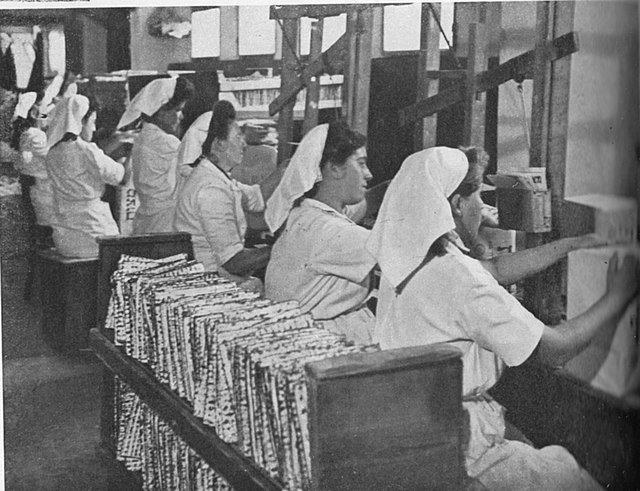
Why is This Night Different?
My three-year-old came home from nursery school when she began learning about Passover, and, at the dinner table, asked “why do we do so many strange things at the Seder, like eat matza instead of bread?” I almost jumped out of my chair. That’s why! I wanted to shout. So that you’ll ask that very question! The very fabric of the Seder, Passover’s central ritual, is woven from questions, and, in particular, the questions of children. In fact, one could argue that the reason we celebrate Passover at all is to engage the next generation in the narrative of the Jewish people; the form of this engagement is the question. The story of the Exodus in the Bible anticipates these questions from the young, “and when your child asks you tomorrow – what is this?” and the Rabbis, over the course of Jewish history, ritualized this back and forth conversation between the generations.
The “Mah Nishtana” – the Four Questions – is traditionally recited by the youngest member of the family. My three-year-old’s been belting it out at the top of her lungs for a month now. My id would like to respond by stuffing a pie into her face, or screaming “aaaahhhh” each time her sweet lips open into the “mah” shape. Instead, I smile and praise her. For her, it’s just another song. She asked the question already, over a bowl of noodles, some time ago. Our challenge at the Seder will be to engage her so that, in addition to standing on her chair and making her grandmother and great-grandmother proud, she’ll actually ask a real question, and we’ll actually take the time to respond to her. That, after all, is the point.
The purpose of the Seder is to tell stories. Not just any stories, but our stories – the stories of our people, of our families, and our own deepest stories. And not just to anyone – but to our children, those, perhaps, before whom it is most difficult to expose ourselves. We are challenged to sit down, face to face, and talk. This, I think, is what the “Mah Nishtana” is about. “Why,” it begins, “on all other nights, do we eat leavened bread and matzah – and tonight we eat only matzah?” Matzah is bread stripped of all its protective coating, all of its layers. On most nights, and days, when we interact with our children, we do so with armour. With the shields of infinite excuses – “great question – but nice try – go brush your teeth; yeah, remind me to tell you that story some time.” The Seder night is all matzah. There are no barriers – and we respond as we are, honestly, vulnerably. We answer that question, really. We tell that story, with all its embellishments. “Why on all other nights do we eat many vegetables – and tonight we eat only marror?” Because tonight, even when the answers and the stories are bitter, we share them. “Why on all other nights do we not dip even once – and tonight we dip twice?” Because tonight we delve deeper – dipping, over and over, into ourselves, and sharing ourselves, wholly, fully. “Why on all other nights do we sometimes recline and sometimes sit straight – but tonight we all recline?” Because tonight, finally, we sit around the table together and we are present with each other. We relax. We converse. We share. We celebrate.
And, leaning back, for a moment, we remember that we are full, that we are whole, and our children, wide-eyed, lean forward, and drink us in.
3 comments on “Why is This Night Different?”
Comments are closed.




I love this post! Really beautifully written. In our family, letting our kids stay up late is part of this experience. On all other nights we stick to a schedule. Tonight we strip away barriers (even healthy ones like bedtime) and you get to stay up and ask questions late into the night!
Thank you for sharing this.
Beautiful! This year at our family seder, even though the only children were both under four months of age, for their (and our own) benefit we all went around the table and shared answers to the question–“what does all this mean to you?” The answers from our friends and family, though all different, were all inspiring.